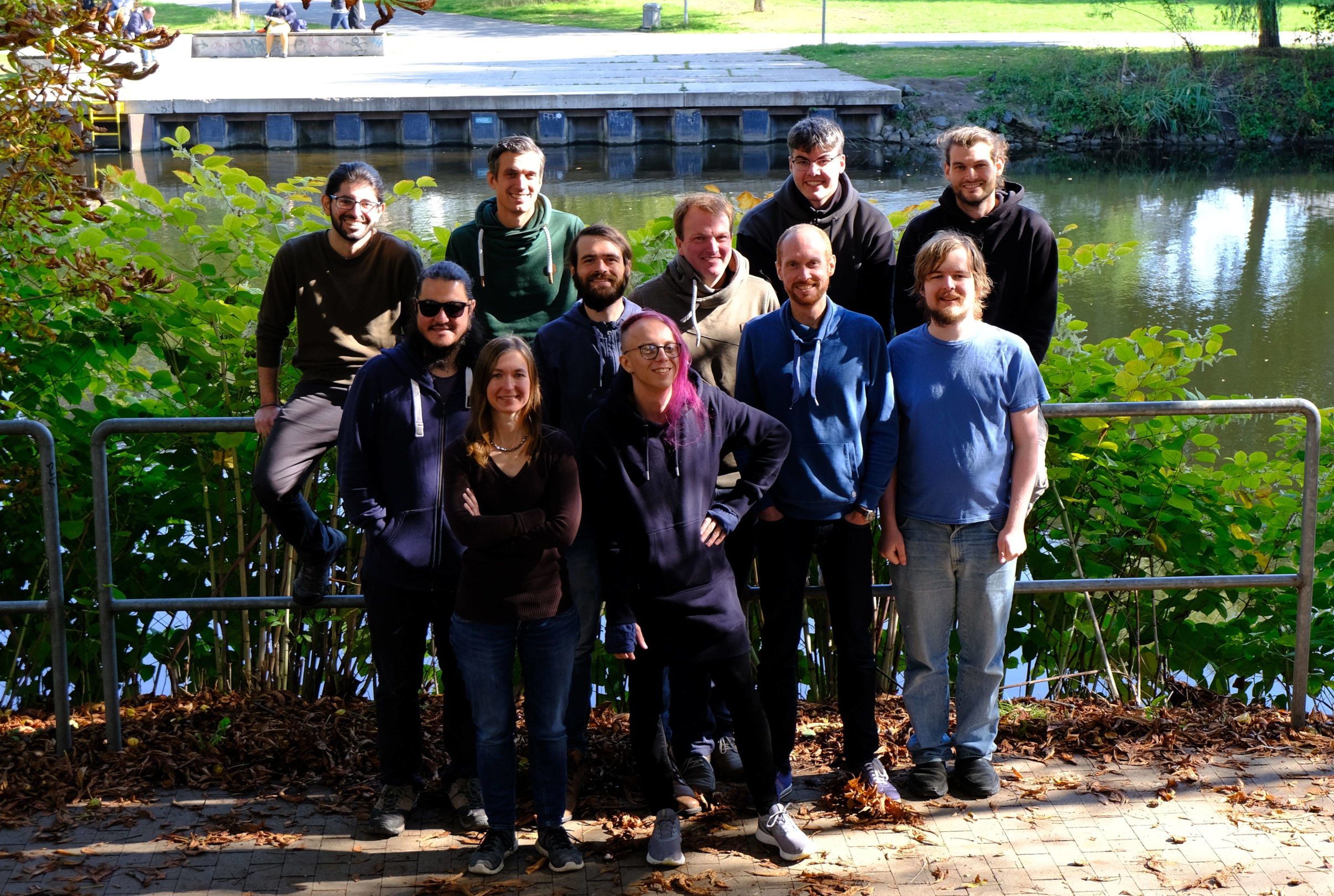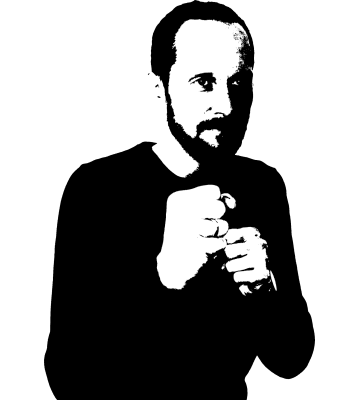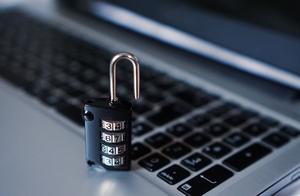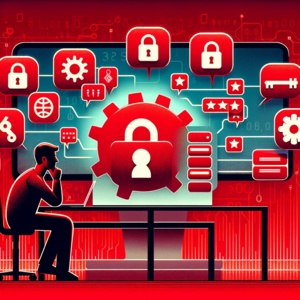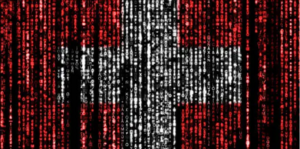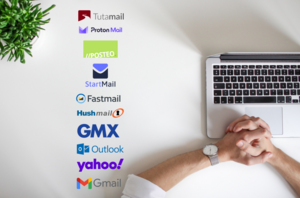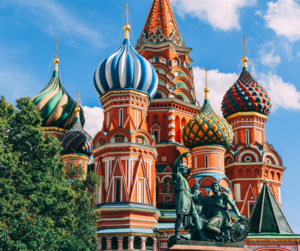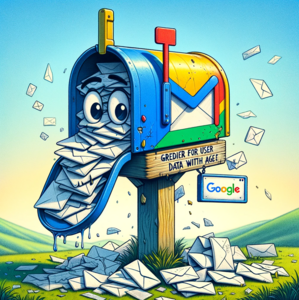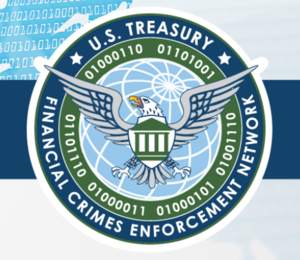German Unity Day: Today is the day to fight for privacy.
More than three decades ago Stasi surveillance ended in Germany. Now we must end mass surveillance online.
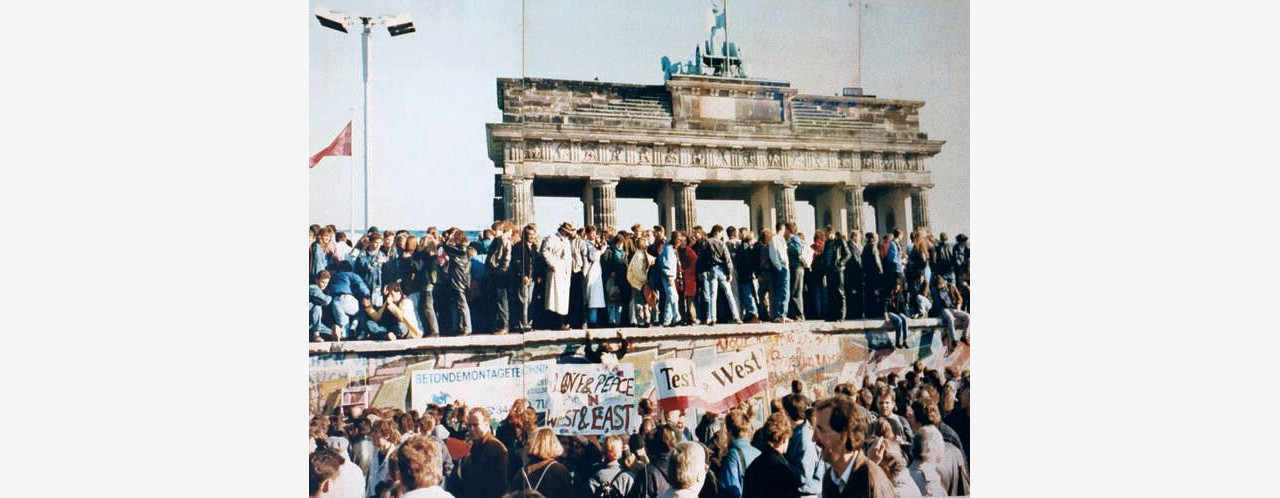
Call for Privacy on German Unity Day
People living in the GDR know what it was like to be monitored 24/7, to say only what is appropriate. They remember the feeling of sheer desperation when you disagree with the system, but can't say a word out of fear of negative consequences for you and your family.
This is still the case in many countries today. For that reason, we at Tutanota donate Secure Connect to journalists and news blogs. This encrypted contact form already helps journalists around the world to offer a secure way of communication to potential whistleblowers who must stay anonymous.
Can you imagine how it feels like when you can't criticize your government no matter how unfair they rule?
Many of us living in modern democracies that value freedom of speech never had such an experience. We simply can't imagine what it is like to live in an oppressive system without freedom of speech.
Can you imagine how it is like when you can't criticize the ruling class even though they obviously privilege their fellow party members while discriminating everybody else? Can you imagine how it feels like to watch courageous friends being denied any chance of promotion at work just because they criticize obvious discrimination? Can you imagine how it feels like to join this exact same party when you grow older only to be allowed to go to university or to be promoted, to sell your soul to it because this is the only way you are able to realize your personal dreams, at least in parts?
If you want to know how it feels like to live in a surveillance state, you need to talk to people who did - or do. You have to picture yourself living in a society where obviously a lot is going wrong, but no one is allowed to speak up about this.
You have to picture yourself submitting to the ruling class completely, possibly becoming one of them despite of your own feelings and thoughts. Only then you can get a glimpse of how it must feel like to be monitored and self-censored constantly.
Such a society limits your options to live and express yourself freely to an extent that it even effects your private life.
Freedom is the cornerstones of a democracy: Take it away and you'll have another oppressive system
Today, in most Western countries, we enjoy many freedoms: Freedom of speech, freedom of expression, freedom to learn the occupation we want, freedom to travel. We are so used to all these freedoms that sometimes – only sometimes – we need to be reminded of their importance. Because if we lose these freedoms, we lose everything. In an oppressive system based on mass surveillance, there is no freedom left.
While you were able to make yourself comfortable in this society – by following the rules and supporting the oppressive system – you were neglected one of the most basic human characteristics: The freedom to decide for yourself what you think is right.
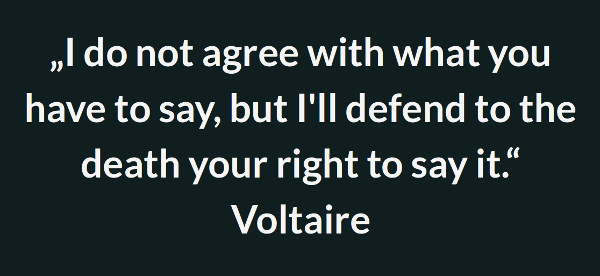
Total surveillance is a threat to anyone
If you look back in history, you will understand why total surveillance is so dangerous - even if you believe you have nothing to hide. In Hitler Germany being a jew, a communist or gay was reason enough for the officials to send you to a concentration camp.
A decade before Hitler rose to power, no one knew that you could get yourself killed just for your belief, your political views or your sexual orientation.
Even if you believe that you currently follow the mainstream and, therefore, everybody can know everything about you, there is no way of knowing that the mainstream is still the mainstream in ten, twenty or thirty years.
There are occasions - and unfortunately these occasions aren't so rare even today - were it is better that your government does not know everything about you. That's why the thought of all-round surveillance is so scary and should be prevented by all means.
The Internet is not made to protect your privacy. It's a surveillance machine.
As much as the Internet has advanced our societies, it has also become a threat to our freedom. Surveillance online has become so much easier than what the Stasi and the Gestapo had to do to spy on German citizens a couple of decades ago.
With the help of the Internet, mass surveillance today is cheap and fast. The only privacy-preserving technology we have to stop this surveillance machine is encryption:
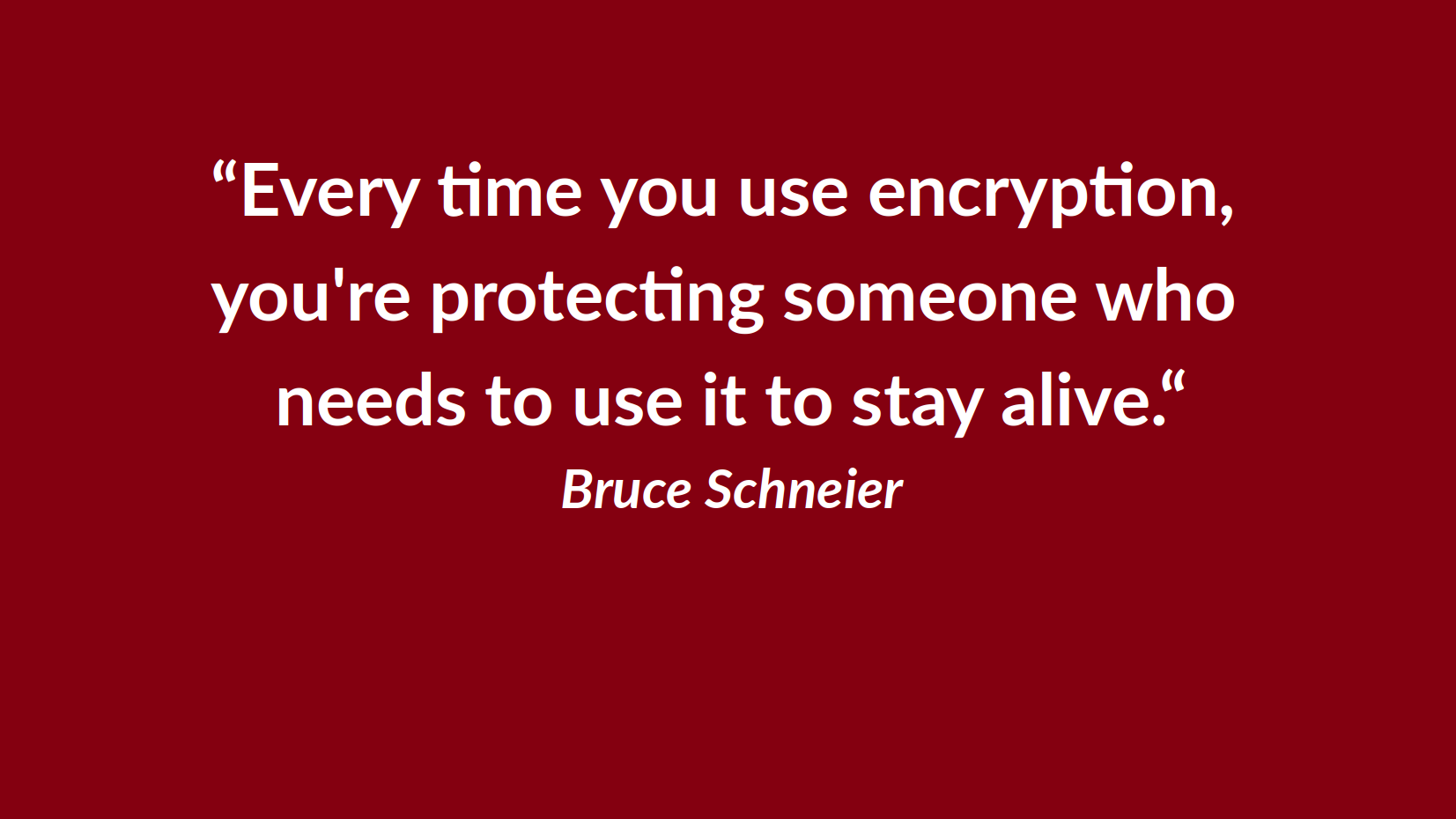
The next oppressive system is already looming before us
Even though, we in Germany, have left the oppressive system GDR behind, there is no guarantee that something similar will not happen again, in any democracy, anywhere in the world. Actually the current political development in many Western countries paints a very negative picture when it comes to our freedoms, particularly when it comes to our right to privacy online.
Currently many governments discuss to push for increased online surveillance - to monitor their own citizens. Some even go so far as to claim that [encryption should be backdoored]]({blogBackdoorRiskLink}) while refusing to understand that this would only leave us with no security at all online. It is up to everybody's own imagination what the ongoing crypto wars could do to our free societies.
The interdependence of freedom of speech and our right to privacy
Freedom of speech and our right to privacy are interdependent. One cannot exist without the other. In any system – as free as it is – you need to be able to discuss in private about any aspect of society and politics – also online. Only with a free, private discussion, people are able to form an opinion opposing the mainstream, to argue their case so to speak. This is vital to democratic progress. Take it away from citizens, and you will stop the democratic discussion which leads to self-censorship.
Some might argue that in a free democracy a private discussion is not necessary because of all the freedoms we enjoy. Unfortunately, this is not true. As free as we are in a democracy, it is always possible that we are being discriminated for uttering our opinion, particularly if it contradicts the mainstream. Plus, we can never be sure that our freedoms are going to last forever.
The German communists back in the 1930s did not foresee that they would be sent to concentration camps a few years later by Hitler just because they wanted a different political system. The anti-communists in the GDR did not foresee that they would be sent to jail by the Stasi just because they wanted a different political system.
What is even more terrifying: Online surveillance is in so many ways easier and cheaper than what the Stasi used to do to monitor their citizens more than 30 years ago.
Let's fight against surveillance online to protect our freedom of speech and our right to privacy!
Today, moer than 30 years after the end of the German surveillance state GDR, online surveillance is all around us. Our fight against surveillance needs to continue. Many countries around the world increase the surveillance rights of their Secret Services or even try to ban encryption – which is the only tool we currently have that can guarantee privacy while communicating online.
This shows that our fight is far from over. We have to remind politicians and the public again and again that privacy matters. Because our right to privacy is the basis for freedom of speech. And our right to privacy is the cornerstone of a free democracy.
So let's keep on fighting, and let's keep on encrypting. Because every time you use encryption, you are protecting someone who needs it to stay alive.
